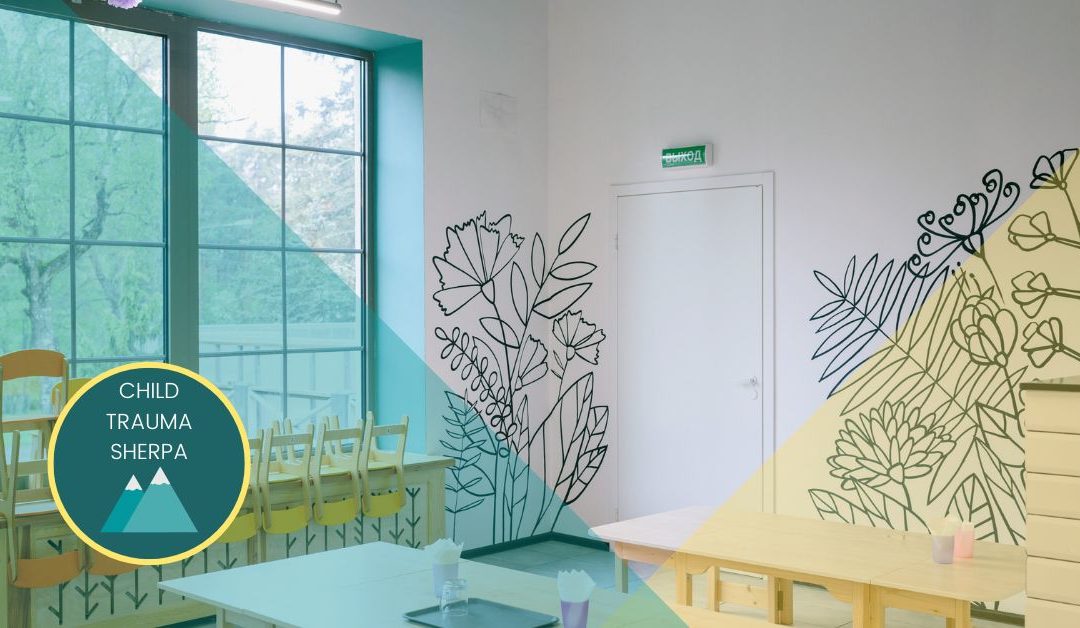The Role Psychological Safety Plays In Schools
Relationships are important. Every student needs someone at school they can talk to when they are struggling. The question is for educators, do your students have that person?
Even more important than just any relationship is one that is positive and safe. A student’s psychological safety is directly tied to the relationships they have. Our brains are just naturally wired for human connection, and we need positive, safe relationships in order to grow and heal from trauma.
What is Psychological Safety?
When you hear the word safety, you often think of physical safety. But safety is simply the absence of threat or harm, and not all threats are physical.
There are many other types of safety that are part of the human experience, including emotional, relational, spiritual, financial, and psychological. These forms of safety have an impact on long-term survival, while physical safety is important to our immediate survival.
Prolonged stress about relationships, housing, food insecurity, and more can exacerbate physical and mental illness. Adverse childhood experiences (ACEs) have a relationship between stress exposure and long-term health outcomes.
However, psychological safety is particularly significant in schools. In order for students to learn and grow, they must feel safe enough to share ideas without fear of negative judgment. They also need to feel safe enough to admit errors, ask for help, and take creative risks.
Know the Signs
Students may not automatically speak up when they are struggling. Instead, their behavior is more often the form of communication. When a student is demonstrating disruptive or difficult behavior, this is often a sign that they need support building skills to better deal with what they are struggling with and to help them learn and grow.
This not only can help children with trauma heal, but it is also a great tool for all students to learn the skills they need to get through life better.
Raising Awareness of Safety
To raise self-awareness of safety, ask yourself if you feel seen, heard, and valued in a way that allows you to be open and connected to others. We must always work on ourselves first in order to be a model for this type of self-awareness. Then as you work with students, ask yourself if you are creating and sustaining an environment where they feel seen, heard, and valued.
Then to support psychological safety with others, acknowledge that person and honor their ideas, value their diverse point of view, and be a trustworthy professional. Address issues with curiosity in a way that allows multiple solutions to be heard and considered before a choice or compromise is made. This way, everyone feels seen, heard, and valued.
Key Takeaway
Cultivating psychological safety with your students helps you build a positive and safe relationship with them. You will become the person that a student can turn to when they are struggling, whether it is with their trauma or with the growing pains that come along with being a young person. It is when we feel safe that we can build the resilience we need to heal and grow!


